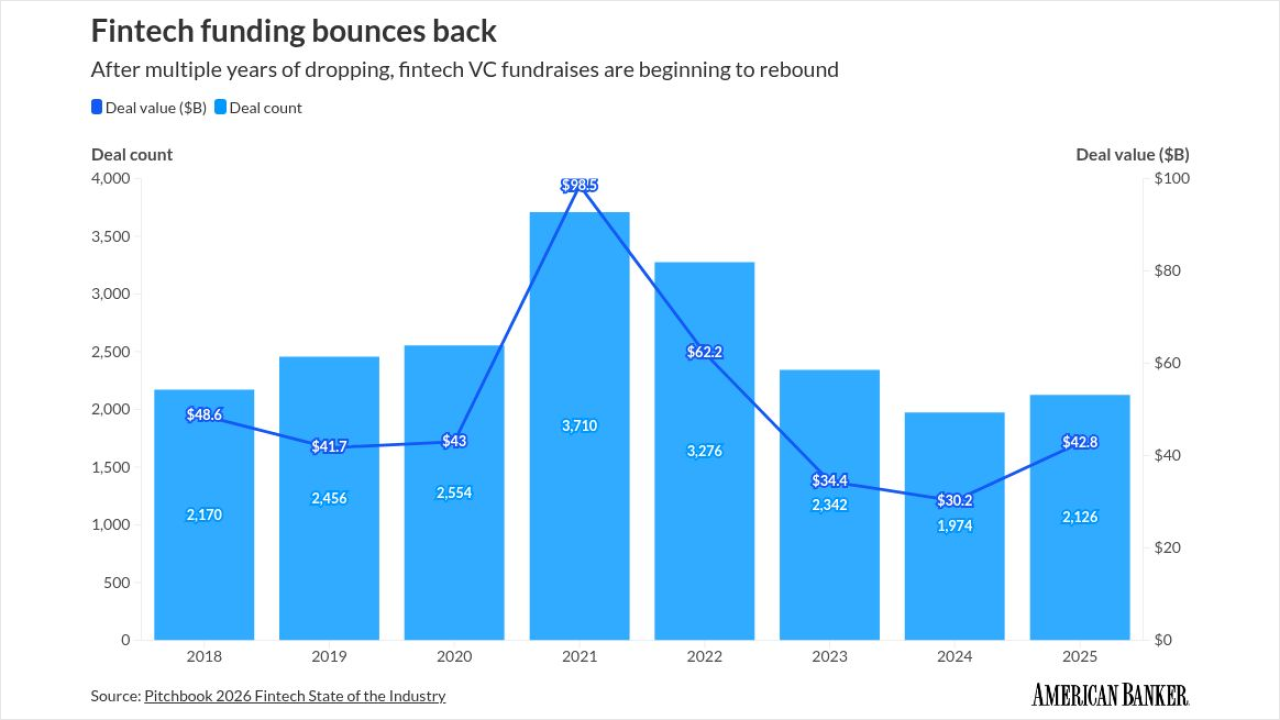Watch the evening news (if you can bear it) and it would seem your credit union's lobbies and branches should be anarchy right now. Members borrowing your scissors to cut up plastic cards. Members handing over their keys - to their homes. Members lined up out the door to use your coin-counting machine as they're down to their last dimes. Drive-thrus inoperable because you've parked the repo's there, too.
It hasn't reached that point yet, but there's little doubt credit unions nearly everywhere in the country are being asked to blow the dust off what for many have become some old-school skills: financial education and counseling. A deepening recession isn't just pinching the sunbelt states and Detroit anymore; an estimated 68,000 people were laid off on Jan. 26, alone. It seems the only growth industry in the U.S. right now is pink slip printer.
Financial Finesse, a Manhattan Beach, Calif.-based firm that provides unbiased financial information to consumers and which has contracts with some credit unions, reported that the No. 1 reason (35%) its counselors were contacted during 2008 was "debt issues." Fifty-two percent of calls in 2008 focused on reducing debt, cutting expenses, or increasing savings, vs. just 6% on asset allocation and choosing investments. Other reasons for calling were retirement planning (19%) and "budgeting and saving" (17%).
Credit Union Journal has dedicated considerable space this year to marking the 100th anniversary of credit unions. The earliest threads of the CU tapestry were budgeting, the now-quaint notion of thrift, and debt relief. For many CUs, that patch in the quilt frayed as credit unions wove themselves into new business lines. And yet one reason credit unions prospered even during the Great Depression was their interests are members' best interests. And those members are interested in getting some help right now.
In Waynesboro, Va., DuPont Community CU said it has seen a 177% spike in participation in its financial education classes over the past two years. To be sure, that number includes classroom presentations, where it has been aggressive in reaching out to students. But it has also been adding workshops for members feeling the stress of the economy, including a free "Practical Solutions for Today's Economy" workshop at a local Best Western Inn that was open to members and non-members alike. It billed the session as a means to learn to "handle loans properly when money is tight" and "budget and manage credit to stay afloat while in-between jobs or facing an impending layoff."
David Snyder, DCCU's financial education manager, said the CU offers all kinds of assistance, often beginning with the basics such as balancing a checkbook and budgeting, and working all the way up to using home banking and bill pay, in addition to advice on managing health insurance and 401(k)s. "We are hoping that everyone who needs it will come," said Snyder. "We try to be proactive in anticipating members needs, and we're in constant contact with [front-line staff] about what they're hearing. Our message to members and the community is we're here to help you succeed financially."
One goal is to ensure members don't impair their credit scores to the point it becomes an issue in the future. "Members know they are in trouble, but they may not know the domino that can put things into motion," observed Snyder. Dupont Community uses both its own staff and representatives from local Clearpoint Financial Services to address financial topics.
Snyder said DCCU, which offers financial ed classes for ages 3 through senior citizens, has not seen big cutbacks at the company from which it sprang (it's now community chartered), but there have been plant closures in its markets. "This is one of the ways we can give back. It's very important to DCCU," he said.
Anyone interested in seeing DCCU's educational materials can contact Snyder at teachme@mydccu.com.
In Madison, Wis., UW Credit Union has become the latest to sign on with San Francisco-based BALANCE, the "financial fitness" program that also offers phone-based counseling. "The current economic condition is something that many people haven't had to deal with and, as a result, some of them are not sure how to react," said VP-Lending Mike Long.
Long's statement reminds me of one CU that came to learn through a third party that many members who are in trouble are also too embarrassed to come into the credit union just when they need it most. Keep that in mind--you'll both be better for it. And while your role won't make the evening news, isn't that just the idea?
Frank J. Diekmann can be reached at fdiekmann@cujournal.com





